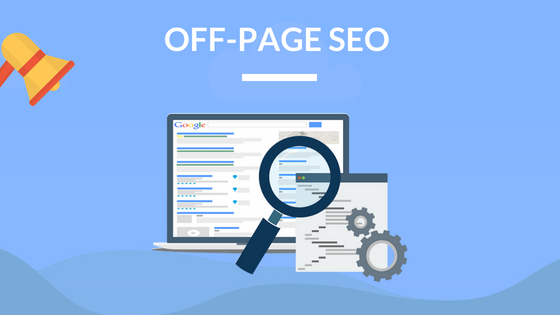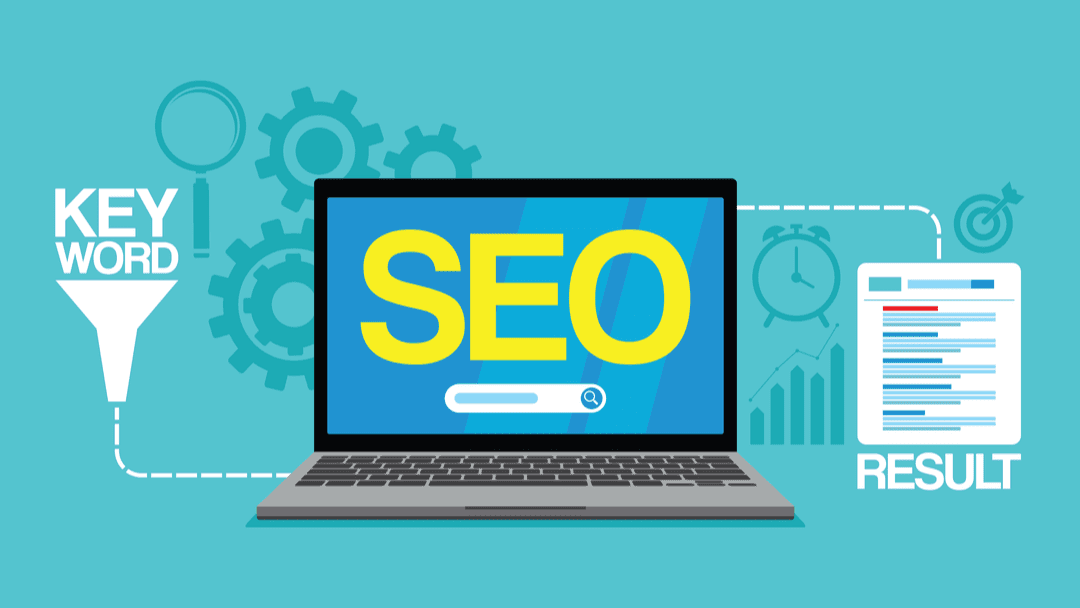Use SEO strategies if you want to drive a lot of traffic from search engines like Google to your blog or website. In terms of search engine optimization, there are primarily two approaches: on-page and off-page.
While off-page SEO requires effort outside of our website, on-page SEO is optimization done within our own website. On-page SEO tactics have already been covered. Today, we’ll learn what off-page SEO is. What does off-page SEO mean in Hindi, and how does it work?
Describe off-page SEO. Defining Off Page SEO
Off-Page SEO refers to activities carried out off-site that help your website rank in search engines.
Off-Page SEO takes care of issues like backlinks, social signals, brand mentions, and local SEO.
We strive to persuade users and search engines that the content on our website or blog is reliable and that people like it by utilising off page SEO strategies.
Using link development and social media signals, we can achieve this:
Link building: Google values and values higher your content when it receives backlinks from other websites. This raises the likelihood of ranking higher.
Social sharing: More social media likes and shares indicate that your material is popular with users, and Google will also take this as a favourable indicator.
But, there are many other things you can do in terms of off-page SEO; these are just the top two. We’ll continue discussing some of those well-liked off-page SEO strategies today.
Also, Read- How to make money by selling photos online? selling pictures online
What differentiates on-page SEO from off-page SEO?
On-Page SEO:
On-Page SEO is the process of improving a website’s content, speed, etc. The title, description, URL structure, internal linking, etc. are all optimised in this.
Off-Page SEO:
Off-page or off-site SEO refers to external operations such as backlink building and social media marketing that take place outside of the website.
Exactly why is off-page SEO important?
Just consider what would happen if two websites published articles on the same subject with same quality.
Who will Google list as the top result?
It goes without saying that Google will require some element or another to determine which of the two websites will be listed first.
Google will use off-page SEO signals in this case if both websites have been optimised using the same on-page SEO techniques.
In this case, the website with the higher off-page SEO (more quality backlinks) will be the one that ranks first out of the two. This is how search engines function.
Benefits of Off-Page SEO
Your domain authority gets boosted as a result.
Search Engine Ranking: It aids in positioning your website or blog higher on search engine results pages (Search Engine Result Page).
Social and Referral Traffic: Off-site SEO techniques such as link building and social media marketing can drive referral traffic to your website from these and other platforms.
Online branding: Your brand is developed when your site shows on search engines, social media, and other online platforms.
Advantages of off-page SEO
Domain Authority: Your domain authority is now higher as a result.
Search Engine Ranking: It assists in moving your website or blog up in the SERP (Search Engine Result Page).
Traffic from Social Media and Other Platforms: Link building and social media marketing are examples of off-site SEO strategies that can drive traffic to your website from these and other platforms.
Online branding: Your site’s visibility on search engines, social media, and other online platforms helps to develop your brand.
1. Link Building
In off-site SEO, link building is the most significant component. When you build backlinks, Google prioritises your content more highly.
Backlinks can be compared to votes; the more backlinks your website has, the more advantage you will have over your rival.
Yet in this case, a backlink is a good backlink. When building backlinks, it’s important to keep in mind that the website you are obtaining connections from should be relevant to your content and not spammy.
2. Social Media
The era of social media is now, and the only place to find out what is popular is on social media. It serves as a ranking indication for search engines like Google as well.
Use social media sites like Facebook, Instagram, and YouTube wisely.
if people are sharing your content on social media, including photographs, videos, and articles. This is a good indicator because people are talking about your brand and your content. By doing this, your content’s chances of ranking on the search engine grow.
3. Guest Blogging
Publishing an article on another blog is referred to as guest blogging or guest posting. This is a great off-site SEO strategy. Several advantages result from this, including:
The site owner will give you a hyperlink in the post or in the bio that appears below the post when you guest post.
As a result, the website’s audience learns more about you, and your popularity grows.
Referral traffic is also possible from a backlink if users access your website through it.
However you should only use reputable sites for this work.
4. Influencer Marketing
Using the reputation of another person or website, influencer marketing allows you to promote your content.
You may, for instance, work with someone who has more social media following and urge them to spread your content. You might also pay social media influencers to complete this task for you.
5. Brand Mentions
Brand Mention is a type of SEO method that you may use to make your website or blog more well-known while also sending Google signals that your site is trustworthy.
There are numerous ways to mention a business, and the one we discussed above with influencer marketing is just one of them.
The mention of your brand, product, or website in a video, on social media, or in a blog post counts as a brand mention and influences your search engine position without the need for a link.
6. Local SEO
Off-page SEO, or local SEO, such as directory listings, is also seen to be quite beneficial. People will learn about your company if you list its name on local listing services like Google My Business, Yahoo Local, etc.
This improves your company’s reputation and level of customer trust. The search engine receives a favourable signal from this, and you can rank your content on SERP.
7. Forum Posting
A forum is a fantastic venue for website promotion. This falls under the category of off-page SEO. Use a question-and-answer website like Quora or Yahoo Answers.
You can share your website link there as well as respond to queries about your material.
Conclusion – Off-Page SEO
In the same manner that we utilise On-page SEO to optimise the blog post, we also need to use Off-page SEO strategies.
Yet even with this effort comes responsibility. For example, if your site is young, you shouldn’t put too much emphasis on building backlinks; instead, concentrate on producing high-quality articles.
Many people also commit serious errors when it comes to backlinks, such as creating several backlinks for brand-new sites and leaving spammy comments on other blogs in order to obtain backlinks.
Any effort that appears odd to a search engine should not be done. As a result, you can receive a poor ranking.








